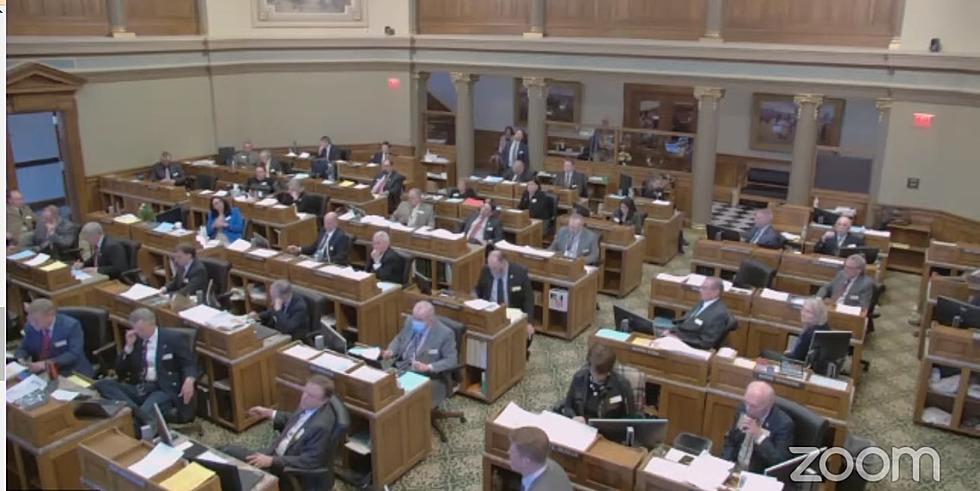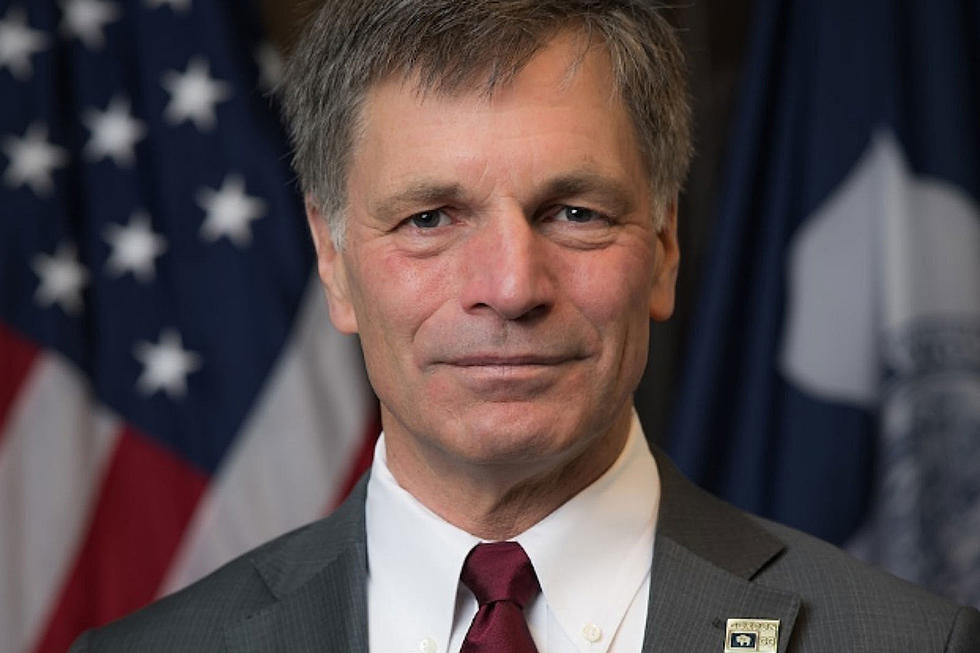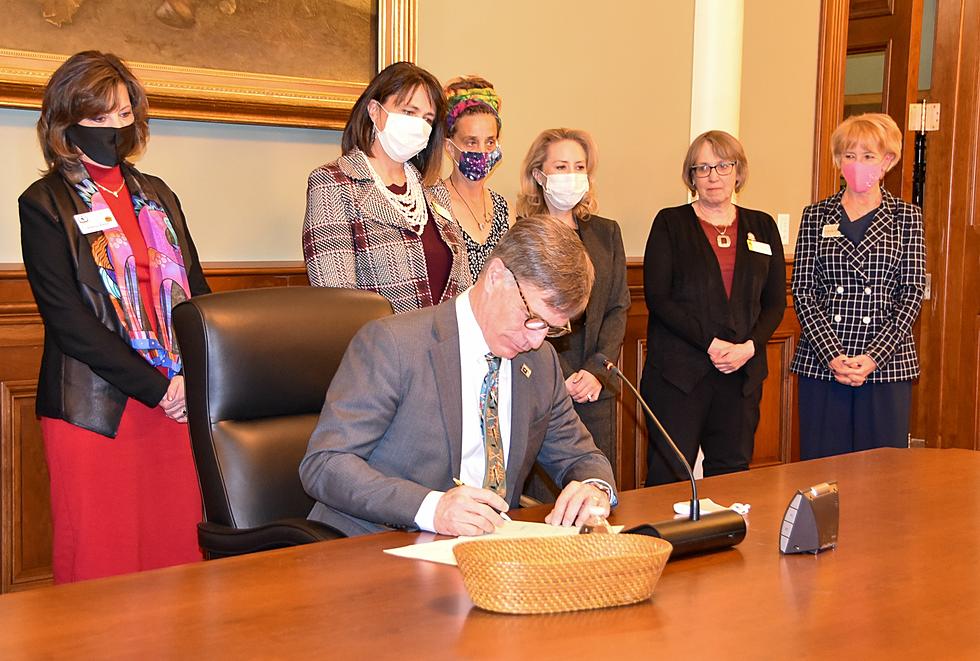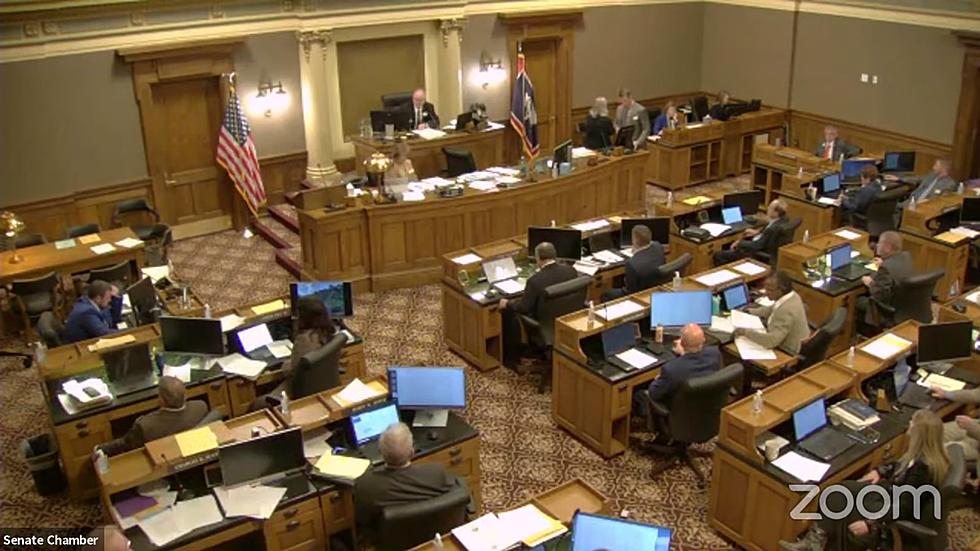
Wyoming House Agrees to Over $420 Million in ARPA Spending
On Thursday, after debating over a dozen amendments, the Wyoming House approved on third reading, with a vote of 41-18, a bill on how to spend money from the American Rescue Plan (ARPA).

The bill had previously passed the Senate on third reading on Feb. 18 and will need concurrence from the Senate, as seven new amendments were approved by the House, in order to be sent to the governor to be signed into law.
During the debate over the various amendments for Senate File 66, which took place over several sessions, representatives discussed how important it was for the legislature to spend money on a variety of issues.
One amendment by Representative Steve Harshman, which passed with no debate, allocated $5 million for rural health clinics, with $3 million given to those clinics as grants and $2 million for telehealth projects.
Another amendment by Representative Cathy Connolly, which would have directed some money towards programs seeking to reduce the gender pay gap, was not adopted.
Connolly said that in 2021, Wyoming has the worst gender wage gap in the country and that gap disincentive people from wanting to create businesses in the state.
Based on data from the Bureau of Labor Statistics, Wyoming has the worst wage gap in the country, with the average woman in the state making 34.6% less than the average man, with the 25th state, Massachusetts, having a 19.8% difference.
The last amendment debated attempted to strike the whole bill and had several representatives come up to speak about how it is wrong for Wyoming to spend this money.
Representative Clarence Styvar said that he doesn't want the legislature to spend the money because they don't know if there will be any strings attached to the money.
"These new programs we're starting, what's the maintenance of effort going to be when this money goes away that we have to keep paying for," Styvar said. "We don't know."
Other representatives, like Chuck Gray and Robert Wharff, spoke about the issue of the national debt, whether it's a good idea to spend more money when the federal government owes over $30 trillion in debt.
Arguing for the bill, representative Mike Yin spoke about the importance of Wyoming utilizing the money provided by the federal government.
"The proponents of this amendment, it's a little mindboggling to me," Yin said. "so what we're asking us to do is say that all of the taxpayer money that the Wyoming taxpayers have paid to the federal government, that shouldn't go back to Wyoming, it should go to New York, it should go to California, it should go to Georgia. We should just say no to our own taxpayer money coming back to Wyoming. It's a little confusing to me when we could be helping our hospitals when we could be helping our communities when we could be helping making sure that we all have access to the services that we need in Wyoming."
Answers to 25 common COVID-19 vaccine questions
More From Wake Up Wyoming








